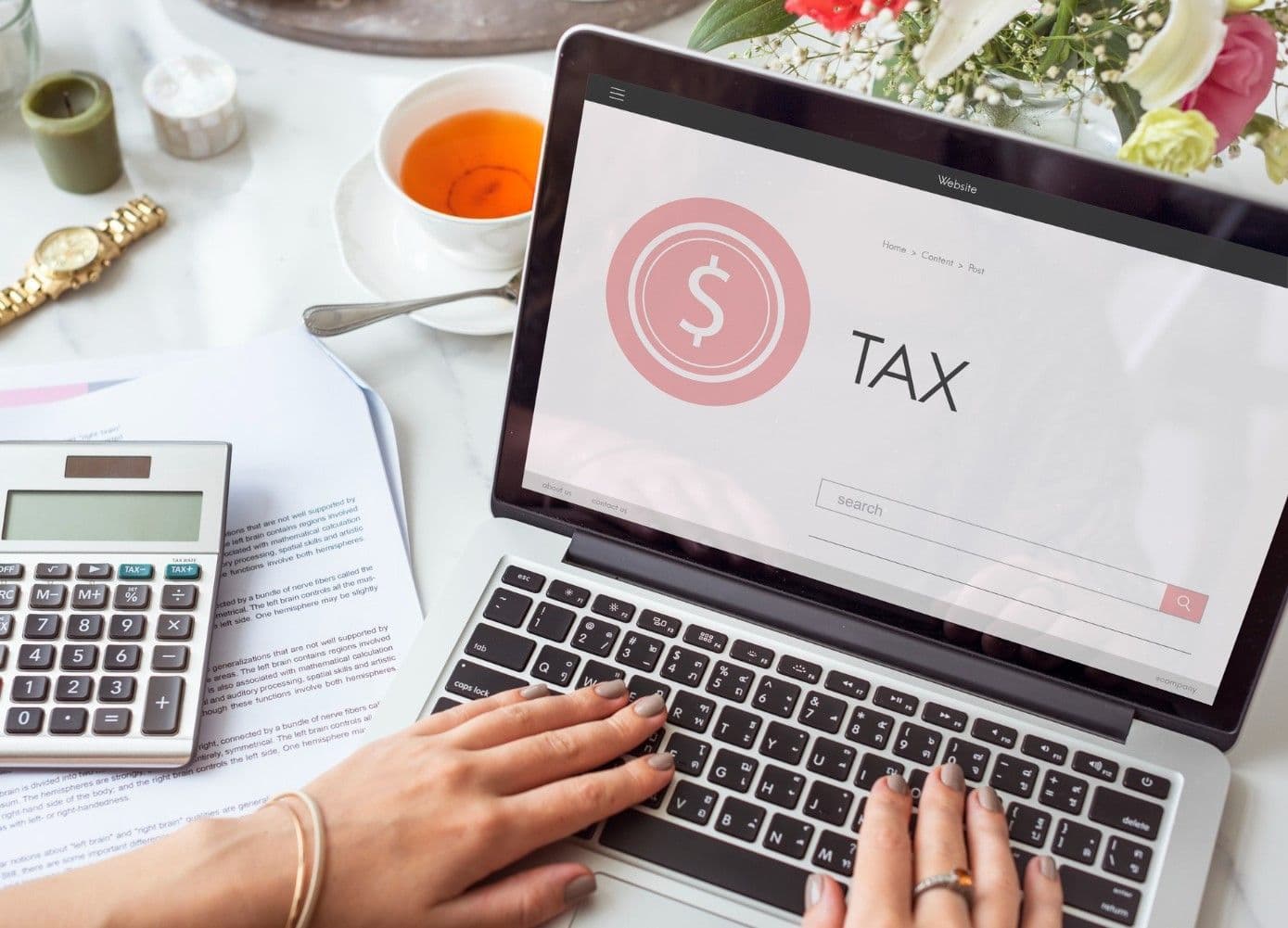
How to Get Income Tax Relief on Expensive Things?
In the field of personal finance, managing income tax liabilities can often feel like navigating a complex maze. In the United Kingdom, taxpayers have the opportunity to obtain significant income tax relief on their investments in expensive items, ranging from high-end assets like vehicles and property to specialised tools and equipment, such as the mechanic tax rebate. Understanding and effectively utilising tax relief schemes can not only ease the financial burden of owning costly assets but also provide a multitude of advantages for individuals and businesses alike. In this article, we will delve into the strategies and provisions within the UK tax system that individuals can leverage to obtain income tax relief on expensive things.
Capital Expenditures:
Capital allowances refer to tax deductions that can be claimed for the cost of specific assets utilised in your business operations. These assets typically encompass items like equipment, machinery, or vehicles. To get more information on how to benefit from capital allowances, you can visit the official government website or seek guidance from a qualified tax expert. These deductions are designed to help businesses offset the expenditure incurred when acquiring essential assets, ultimately reducing their taxable income. Proper utilisation of capital allowances can lead to significant tax savings for your business.
Entrepreneurs Relief:
Entrepreneurs Relief is a tax benefit that can substantially lower the Capital Gains Tax (CGT) you owe when selling a business or its assets. To qualify, certain conditions must be met, including owning the business for at least 2 years and being a sole trader or business partner. This relief also applies if you're closing your business. Similarly, if you're selling shares, you may still be eligible for this tax advantage if you've been an employee or held an office within a trading-focused company (or its parent company) for a continuous 2-year period preceding the sale. Entrepreneurs Relief offers a valuable opportunity for CGT reduction, benefiting eligible individuals.
Inheritance Tax:
The burden of inheritance tax (IHT) seems relatively low, with just 4% of deaths in 2020 incurring IHT bills, as per government data. However, it's noteworthy that specific assets like agricultural land or business property can benefit from IHT relief, lightening the tax load when passing these assets to heirs. Yet, the freezing of tax thresholds until at least 2028 may ensnare more families in its grasp. This is an unpopular reality, as many find it disheartening that they can't transfer assets to their loved ones without the looming possibility of a tax bill. Consequently, the IHT debate continues to spark attention and discussion.
Mechanic Tax Rebate:
If you work as a Mechanic or Vehicle Technician in the UK, you have the opportunity to claim a mechanics tax rebate. This rebate allows you to seek tax relief for expenses related to tools, equipment, and specialised work attire that you paid for. It's important to note that you can only claim for items directly essential to your job and not be reimbursed by your employer. This tax rebate serves as a financial benefit, helping mechanics and technicians reduce their overall tax liability while acknowledging the costs associated with maintaining their professional tools and clothing. By understanding and utilising this rebate, eligible individuals can maximise their financial benefits.
EIS and SEIS Schemes:
The Enterprise Investment Scheme (EIS) and Seed Enterprise Investment Scheme (SEIS) are instrumental in enticing investors to support startups and small companies. These schemes offer substantial tax relief, reducing the overall tax burden for investors and thus mitigating the inherent risks associated with fledgling businesses. However, potential investors often prioritise the eligibility of a business for SEIS or EIS benefits.
Gift Aid:
Gift Aid is a beneficial arrangement for UK taxpayers making charitable donations. Here's how it works: UK taxpayers pay income tax on their earnings, savings, or pensions at either a basic rate of 20% or a higher rate of 40%. When you donate to a charity, that money comes from your taxed income. However, charities can reclaim the tax from the government through Gift Aid. So, if you donate £10 with Gift Aid, it's worth £12.50 to the charity, with the additional £2.50 coming from the government. This extra funding doesn't come out of your pocket, ensuring you're still contributing only your initial donation of £10. These reclaimed funds support the charity's general work.
It's crucial to consult with a qualified tax advisor or accountant who specialises in UK tax laws to ensure you're taking advantage of all the available tax relief options applicable to your specific situation. Tax laws can be complex and subject to change, so professional guidance is often necessary to maximise your tax benefits.
Appreciate the creator